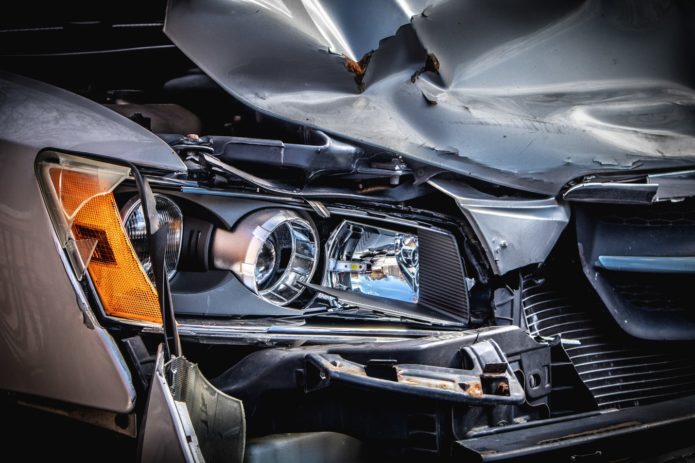Few things are more stressful for a vehicle owner than hearing the words “total loss” from an insurance adjuster. After a serious accident or a natural disaster, you expect your insurer to compensate you fairly. But what happens when the payout they offer doesn’t come close to your car’s actual value? This is where a total loss appraisal can make all the difference.
When a vehicle is considered a total loss, it means the cost of repairs exceeds a certain percentage of its market value—often around 70% to 80%, depending on the insurer and the state. In these cases, the insurance company will offer to pay what it deems the car was worth before the incident. Unfortunately, that valuation isn’t always accurate or fair, especially for newer vehicles, modified cars, or well-maintained older models with lower-than-average mileage.
Why Insurance Payouts Aren’t Always Accurate
Insurance companies use formulas and databases to calculate a vehicle’s actual cash value (ACV), but these systems can be flawed or overly generic. They may rely on outdated data, exclude local market trends, or overlook upgrades and customizations that added real value to your car. As a result, the initial settlement offer may fall short of what you’d need to replace your vehicle with a similar one in today’s market.
If you believe your car is worth more than what the insurer is offering, you have the right to dispute the valuation. But to do so effectively, you need credible evidence—and that’s where a total loss appraisal becomes critical.
What Is a Total Loss Appraisal?
A total loss appraisal is a formal, third-party valuation of your vehicle’s pre-accident market worth. Conducted by an independent appraiser, the process involves a comprehensive review of your car’s condition, history, features, and comparable vehicle sales in your local area.
The appraisal report will typically include:
- A detailed description of your vehicle’s specifications
- Photos showing its pre-accident condition (if available)
- Review of mileage, upgrades, and maintenance history
- Market comparison with similar vehicles in the same region
- A final valuation supported by clear evidence
This report serves as an essential document when disputing a low settlement offer and can support your case in negotiation, mediation, or even legal proceedings if necessary.
When Should You Request a Total Loss Appraisal?
You should consider getting a total loss appraisal if:
- The insurance company’s offer seems significantly lower than expected
- You have documentation proving the vehicle was in excellent condition
- Your car had recent upgrades or custom work
- You’ve checked current listings and seen similar vehicles selling for more
- You plan to enter the appraisal clause process in your policy (if available)
Timing is important—act quickly after receiving the insurer’s valuation to avoid delays in your claim or vehicle disposal.
Understanding the Appraisal Clause
Many insurance policies include what’s known as an “appraisal clause.” This clause allows you, the policyholder, to hire an independent appraiser if you disagree with the insurer’s total loss offer. The insurance company also hires its own appraiser, and if the two parties can’t agree on a value, they appoint a neutral umpire to make the final call.
This process can be highly effective in resolving disputes—especially when supported by a solid, well-documented appraisal. It’s one of the few formal options consumers have to challenge undervaluation in a structured, contractually recognized way.
Choosing the Right Appraiser
Not all appraisers are equally qualified to handle total loss evaluations. Look for someone who:
- Has experience in post-accident and total loss assessments
- Is certified or affiliated with professional appraisal associations
- Understands current local and national market conditions
- Provides reports that are recognized by insurers and courts
- Can communicate clearly and professionally during disputes
You should avoid relying on free online tools or general estimates—they rarely hold up in formal negotiations.
Final Thoughts
A total loss doesn’t have to mean total defeat. If your vehicle has been written off and the compensation offered feels unjust, you’re not powerless. By securing a professional total loss appraisal, you gain control of the conversation—and give yourself a fighting chance to recover what your car was truly worth.
Whether you’re dealing with a family sedan or a modified sports car, knowing its real market value before accepting a settlement can save you time, stress, and money. Don’t settle for less than you deserve—let the facts, not the formulas, tell the full story.


